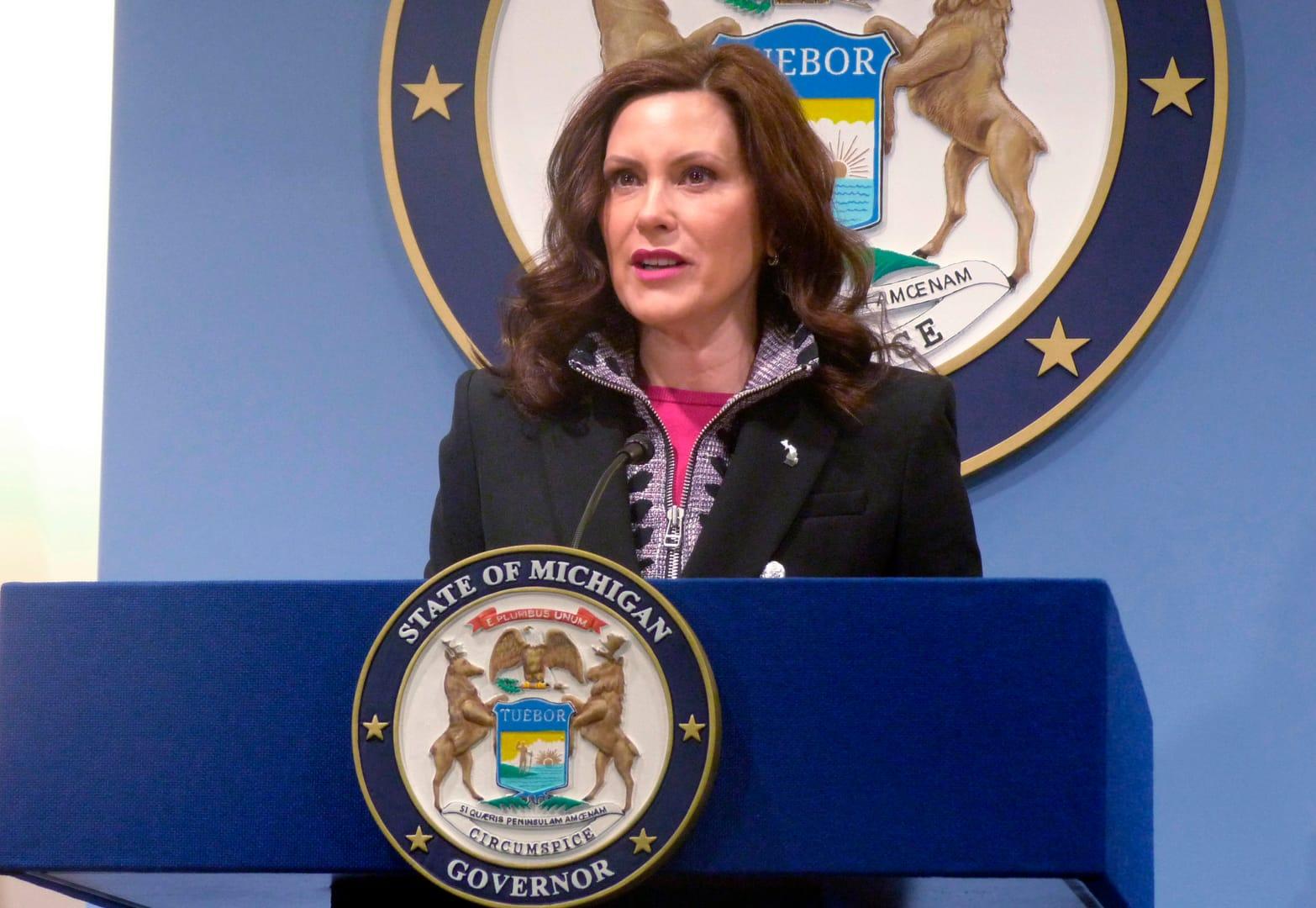NEW YORK – Catholic leaders in Michigan fear that a new amendment to the state’s civil rights law could end up targeting religious organizations that uphold traditional beliefs on marriage and gender roles.
Earlier this week, the Michigan House of Representatives passed an amendment to the state’s Civil Rights Act that includes protections for individuals on the basis of their sexual orientation and/or gender identity. The Michigan Senate previously passed the amendment on March 1 (23-15). It now goes to the desk of Gov. Gretchen Whitmer, who has said she will sign it.
A spokesperson for the Michigan Catholic Conference, which represents the state’s bishops on matters of public policy, warned that the amendment may augur new discrimination against religious groups.
“We are disappointed that the House did not include language to protect religious organizations from discrimination even though every state in the country has done so when amending their civil rights laws,” said Tom Hickson, Vice President for Public Policy and Advocacy, in a March 9 statement.
Hickson lamented the absence of exemptions for religious institutions, saying that “as a result, discrimination and targeted litigation toward faith-based institutions is highly likely.”
After the amendment was passed by the Michigan House on March 8, Whitmer took to social media to call it a “beautiful day in Michigan!” The governor, often touted as a rising star in the Democratic Party, added that she’s “thrilled” it’s headed to her desk.
Almost half of U.S. states have added protections for individuals based on their sexual orientation and/or gender identity. However, most, if not all to date have included religious exemptions.
Democratic Sen. Jeremy Moss, who sponsored the legislation, said the move liberates the gay and lesbian community.
“For far too long, LGBTQ+ Michiganders could not seek justice after enduring discrimination because we were excluded from our state’s Elliott Larsen Civil Rights Act,” Moss said in a statement after the senate passed the amendment. “In a historic vote today, the Michigan Senate passed my bill to expand the act and liberate our community.”
Before the amendment, Michigan’s Elliott-Larsen Civil Rights Act, originally passed in 1976, enshrined protections based on religion, race, age, and sex, familial or marital status, and more.
As a result of the amendment, the Michigan Catholic Conference said it believes there will be a new class of discrimination against faith-based people and organizations, including encouragement to target faith-based social service, educational and charitable organizations, and forcing small non-profit/religious organizations into lengthy legislation in state courts.
“While it is clear that Governor Whitmer will sign the legislation into law, we believe it is necessary to state that this policy fails to protect all citizens from discrimination and will likely prompt greater scrutiny through the lens of the First Amendment,” Hickson said.
Follow John Lavenburg on Twitter: @johnlavenburg












